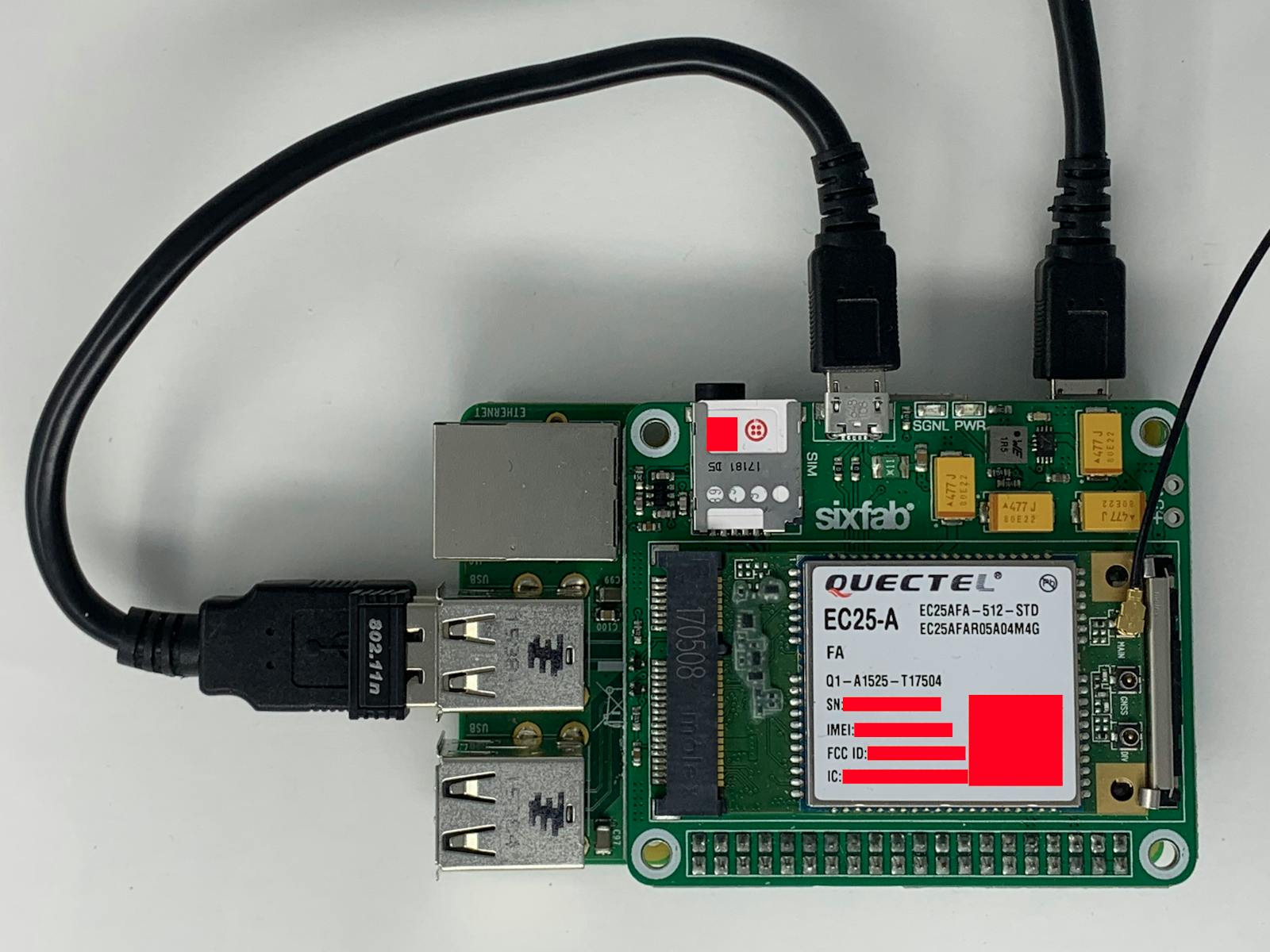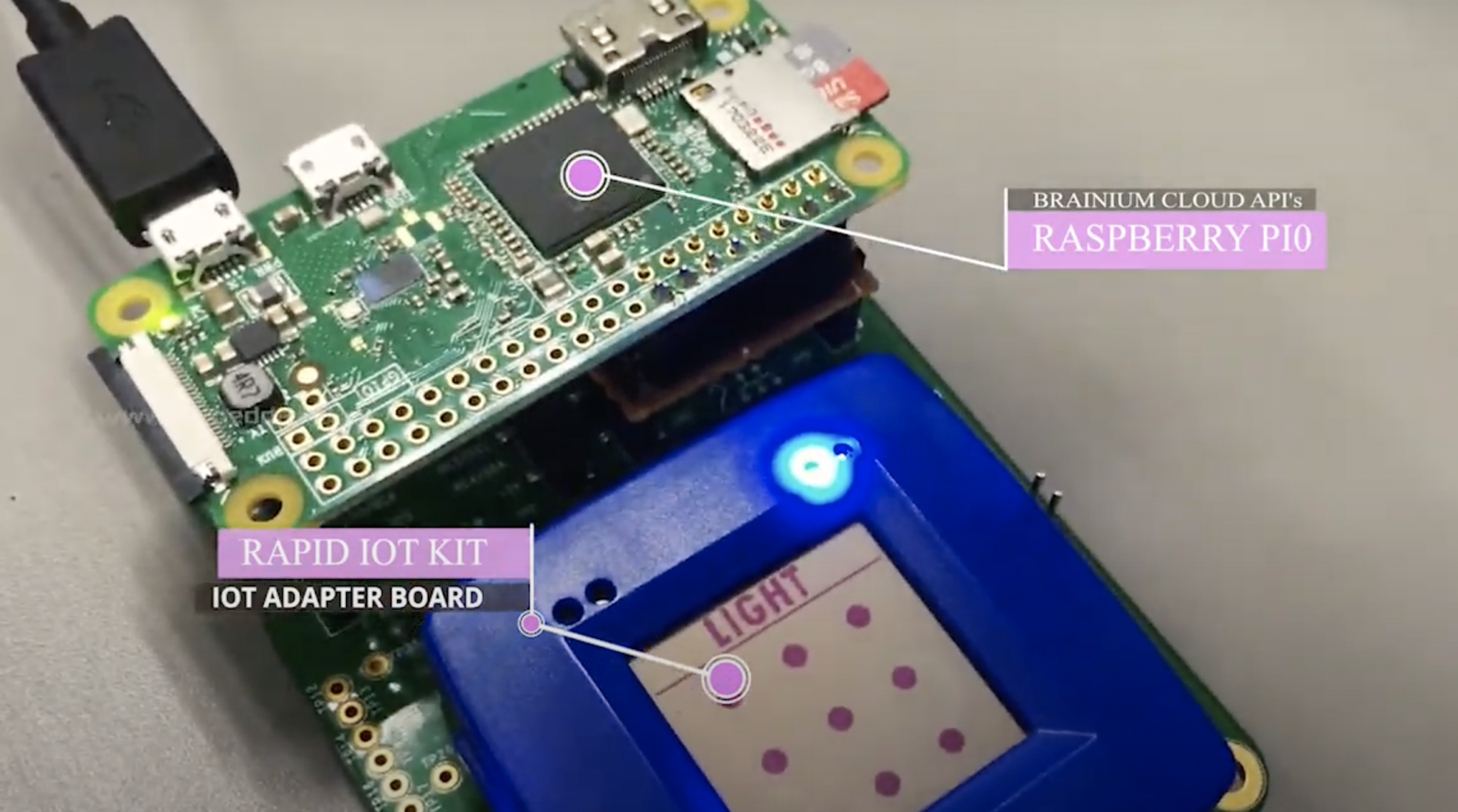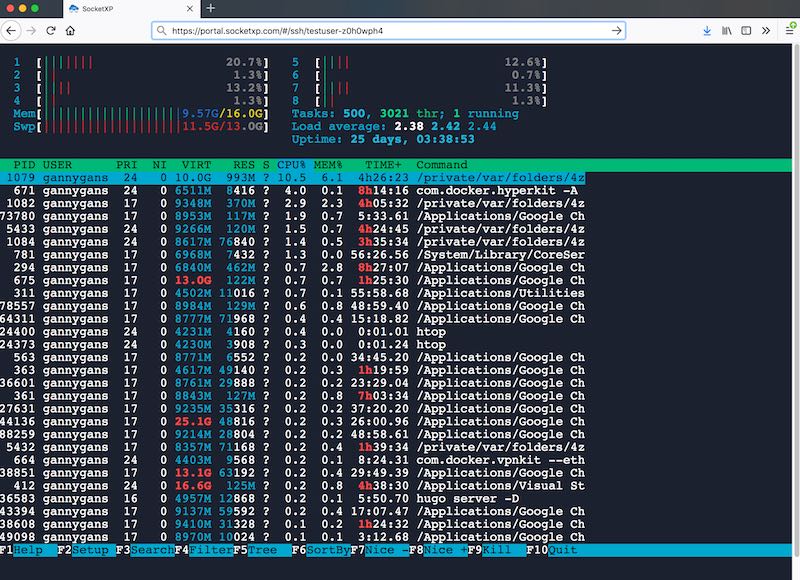Are you ready to unlock the full potential of your Internet of Things (IoT) devices while fortifying your digital defenses? Securing your Raspberry Pi and other IoT devices with SSH is not just an option; it's a necessity in today's interconnected world.
The explosion of IoT devices, from smart home gadgets to industrial automation systems, has created an unprecedented need for secure remote access and management. Whether you're a seasoned tech professional or a curious enthusiast, ensuring the integrity and confidentiality of your data while maintaining seamless access to your devices is paramount. This article serves as a comprehensive guide to navigating the complexities of Secure Shell (SSH) for IoT, providing actionable insights and expert advice to help you establish secure connections effortlessly. We'll explore the best practices, essential tools, and freely available services that will empower you to manage your Raspberry Pi IoT projects securely and efficiently, from anywhere in the world.
The use of SSH for IoT offers a robust framework for encrypting data and authenticating devices, a crucial element in a landscape increasingly vulnerable to cyber threats. Let's delve into the specifics of why SSH remains the preferred choice for IoT security and management, exploring the tools, practices, and solutions that can enhance your IoT security and connectivity.
| Topic | Details |
|---|---|
| Why Choose SSH for IoT? | SSH provides a secure, encrypted channel for remote access and data transfer, crucial for protecting sensitive information and preventing unauthorized access to your IoT devices. It's a cornerstone for establishing secure communication. |
| Key Features of the Best SSH IoT Solutions |
|
| Best SSH IoT Anywhere for Raspberry Pi Free | Setting up a secure and efficient SSH connection for IoT on your Raspberry Pi significantly enhances your project's capabilities. |
| Common SSH Issues and Solutions |
|
| Best Practices for SSH and IoT |
|
| Easiest SSH Solution for Windows Users Managing IoT Devices | Mobaxterm is an excellent choice, providing an intuitive GUI and advanced remote access features. |
| Importance of Secure Data Transmission | The integrity and confidentiality of your data can be ensured by using robust security measures and secure shell, while still maintaining ease of use from anywhere. |
| Best SSH Remote IoT Devices in the Market | We'll explore the top picks for the best SSH Raspberry Pi IoT devices, ensuring you have the right tools for your next project. |
| Tools and Services | Exploring the best SSH tools and services available for free, ensures you can manage your raspberry pi iot projects securely and efficiently. |
The exponential growth of IoT devices has introduced new challenges in cybersecurity. As more and more devices connect to the internet, the potential attack surface expands, making robust security measures indispensable. Secure Shell (SSH) provides a critical layer of protection, ensuring that data transmitted to and from your IoT devices remains encrypted and authenticated. By leveraging the best SSH IoT solutions, you can ensure the integrity and confidentiality of your data while enjoying seamless access to your devices from anywhere.
Whether you're managing remote servers or securing sensitive data, having the right SSH IoT infrastructure is crucial. Finding the best SSH IoT solution is critical whether you're tinkering with home automation systems or running complex IoT applications, having reliable remote access is crucial.
Let's explore the fundamental concepts and practical applications of SSH in the context of IoT, guiding you through the essential steps to secure your devices and ensure reliable remote access.
Understanding SSH: The Foundation of Secure Remote Access
SSH (Secure Shell) has long been a trusted method for remote access and secure communication between devices. Originally designed as a secure replacement for Telnet and other unencrypted remote access protocols, SSH utilizes encryption to protect data transmitted between a client and a server. This means that all communication, including usernames, passwords, and data, is encrypted, preventing eavesdropping and unauthorized access.
Why SSH is Essential for IoT Security
In the realm of IoT, where devices are often deployed in unsecured environments, the importance of SSH cannot be overstated. SSH provides several key security benefits:
- Encryption: SSH encrypts all data transmitted between the client and the server, protecting it from interception.
- Authentication: SSH uses robust authentication methods, such as SSH keys, to verify the identity of the connecting device. This prevents unauthorized access.
- Data Integrity: SSH ensures that the data transmitted has not been tampered with during transit.
Key Features of the Best SSH IoT Solutions
When choosing an SSH solution for your IoT devices, look for the following key features:
- Encryption: Support for strong encryption algorithms like AES and ChaCha20.
- Authentication: Support for SSH keys, which are more secure than password-based authentication.
- Firewall Compatibility: Ability to work with firewalls to control network access.
- Port Forwarding: Support for port forwarding, allowing secure access to internal network resources.
- Remote Command Execution: The ability to execute commands remotely on your IoT devices.
Best SSH IoT Solutions for Raspberry Pi
The Raspberry Pi, a popular platform for IoT projects, benefits greatly from SSH. Setting up SSH on your Raspberry Pi is relatively straightforward and significantly enhances your project's capabilities. Here's how to get started:
- Enable SSH: By default, SSH might be disabled on your Raspberry Pi. You can enable it through the Raspberry Pi configuration tool (
raspi-config) or by creating an empty file namedsshin the boot partition of your SD card. - Update Your System: Always ensure that your system packages are up-to-date. Run the following commands:
sudo apt updatesudo apt upgrade - Set up SSH Keys: This is the most secure method for authentication. Generate a key pair on your client machine and copy the public key to your Raspberry Pi.
- Configure Your Firewall: If you have a firewall (e.g.,
ufw), configure it to allow SSH traffic (usually on port 22).
Best Practices for Securing SSH in IoT
To maximize the security of your SSH implementation, follow these best practices:
- Use SSH Keys: This is the single most important step. SSH keys are much more secure than password-based authentication.
- Disable Password Authentication: After setting up SSH keys, disable password authentication to reduce the risk of brute-force attacks.
- Restrict Access with a Firewall: Configure your firewall to allow SSH access only from specific IP addresses or networks.
- Change the Default SSH Port: Changing the default SSH port (22) makes it more difficult for automated attacks to target your device.
- Regularly Update Your Software: Keep your SSH server and client software up-to-date to patch security vulnerabilities.
- Monitor SSH Logs: Regularly review your SSH logs for suspicious activity, such as failed login attempts.
Best SSH Clients for Windows
For Windows users, the best SSH client is Mobaxterm. Mobaxterm offers an intuitive GUI and advanced remote access features, making it easy to manage your IoT devices. It bundles a terminal emulator, SSH client, X server, and several other useful utilities.
Free SSH Tools and Services
Several free SSH tools and services can help you manage your Raspberry Pi IoT projects securely and efficiently. For SSH client: PuTTY, for terminal: Mobaxterm, for monitoring: Fail2ban. These tools provide the necessary functionality without any cost.
Setting up a Secure and Efficient SSH Connection
A comprehensive guide setting up a secure and efficient SSH connection for IoT on your Raspberry Pi can significantly enhance your project's capabilities. Whether you're managing remote devices or automating processes, finding the best SSH IoT solution is crucial. From smart homes to industrial automation, SSH provides a robust framework for encrypting data and authenticating devices.
SSH in Action: Real-World IoT Applications
SSH is indispensable in a variety of IoT applications:
- Remote Monitoring and Control: Managing your IoT devices remotely is crucial.
- Home Automation: SSH enables you to control smart home devices securely from anywhere.
- Industrial Automation: SSH is used to monitor and control industrial equipment remotely.
- Data Collection and Analysis: Securely transfer data from your IoT devices to a central server.
Troubleshooting Common SSH Issues
While SSH is generally reliable, you may encounter some common issues:
- Connection Refused: Check that the SSH server is running on your Raspberry Pi and that the port (usually 22) is open.
- Authentication Failures: Verify your username and password, or ensure your SSH keys are set up correctly.
- Firewall Problems: Make sure your firewall allows SSH traffic on the appropriate port.
The Future of SSH in IoT
As the IoT landscape continues to evolve, SSH will remain a critical component of secure remote access. The demand for IoT devices continues to grow, so does the need for robust security measures. By leveraging the best SSH IoT solutions, you can ensure the integrity and confidentiality of your data while enjoying seamless access to your devices from anywhere in the world.
Dive in to discover how you can enhance your IoT security and connectivity anywhere in the world. Whether you're a tech enthusiast, a developer, or someone exploring remote connectivity solutions, finding the best SSH IoT anywhere free can revolutionize how you manage and interact with your devices. Discover the best SSH IoT solutions tailored for Raspberry Pi, empowering you to control and monitor devices remotely with ease. In today's digital age, internet of things (IoT) technology has revolutionized how we interact with smart devices, and SSH plays a pivotal role in securing these connections. When it comes to managing IoT (internet of things) devices remotely, using SSH (secure shell) on a Raspberry Pi is one of the most effective solutions available.
As the demand for IoT devices continues to grow, so does the need for robust security measures. By leveraging the best SSH IoT solutions, you can ensure the integrity and confidentiality of your data while enjoying seamless access to your devices from anywhere in the world. In this comprehensive guide, we will explore the top picks for the best SSH Raspberry Pi IoT devices, ensuring you have the right tools for your next project.
This article is designed to provide actionable insights and expert advice, ensuring you understand the nuances of SSH integration with Raspberry Pi IoT devices. Best practices include using SSH keys, disabling password authentication, and restricting access with a firewall. Whats the easiest SSH solution for windows users managing IoT devices? Mobaxterm is the best SSH client for windows users, offering an intuitive GUI and advanced remote access features.
In this comprehensive guide, we will explore the top picks for the best SSH Raspberry Pi IoT devices, ensuring you have the right tools for your next project. This article is designed to provide actionable insights and expert advice, ensuring you understand the nuances of SSH integration with Raspberry Pi IoT devices.
Best practices include using SSH keys, disabling password authentication, and restricting access with a firewall. Whats the easiest SSH solution for windows users managing IoT devices? Mobaxterm is the best SSH client for windows users, offering an intuitive GUI and advanced remote access features. Best SSH IoT anywhere for Raspberry Pi is a topic that has gained significant attention among tech enthusiasts and professionals alike.


